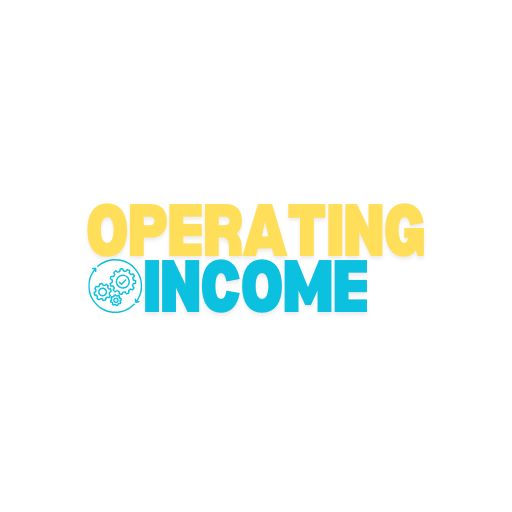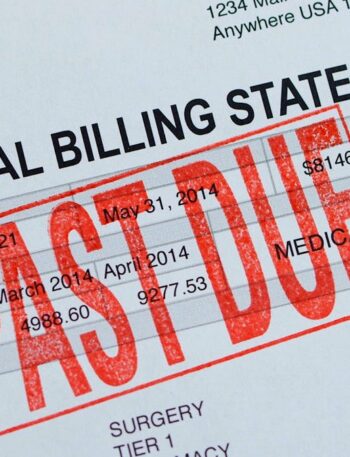
These credit reporting agencies influence your financial fate.
© Tada Images/stock.adobe.com
Credit reporting agencies exert a major influence on consumers’ lives in the United States. The big three credit bureaus—Experian, TransUnion, and Equifax—and the credit scores they calculate affect your economic fate in numerous ways, including which loans and bank accounts you can get, and possibly even where you’ll live and work.
Most of the information used to calculate your credit score comes from one or more of these three behemoths. But how did Experian, TransUnion, and Equifax become so influential, and how do they differ from each other?
Key Points
- Differences among the major credit reporting agencies usually come down to which factors they emphasize when calculating your credit score.
- The information the credit bureaus gather about you depends on which lenders and other businesses provide data to the agencies.
- The big three credit bureaus gained prominence mainly through consolidation by buying up smaller regional agencies.
The top 3 credit reporting agencies: The lowdown
Experian, TransUnion, and Equifax were founded decades ago to provide information about your financial “reputation” to banks, loan companies, and others. At first, most credit reporting agencies were small-time operations, often collecting and sharing information on a regional level.
Your credit history creates a “story” of you.
Encyclopædia Britannica, Inc.
Over time, these three credit bureaus gained size and influence through consolidation—usually by acquiring smaller agencies. With the development of computer technology and digital data collection and processing techniques, it became increasingly easy to compile reported information into histories that could be used to create credit scores.
Many financial services providers—not just lenders—started using information about potential customers in their decision-making. Today, some employers use special versions of credit histories from credit reporting agencies as part of the background check process for potential employees. They verify employment, educational history, and other information about you.
Other entities that use credit reports include apartment rental managers and, in some states, auto insurers, which may be trying to determine if you have a good payment history as a measure of risk.
What the 3 credit bureaus do
Experian, TransUnion, and Equifax collect information about borrowers. They also offer a variety of credit monitoring and identity protection services that you can purchase to track your credit and be alerted to any changes that might signal potential fraud.
Credit scores are a relatively recent development
Even though credit bureaus have been around for decades, the first commercial credit score wasn’t developed until 1989, when it was introduced by Fair, Isaac and Company (FICO). All three major credit reporting bureaus use FICO’s score range, although Equifax’s measure differs slightly.
The big three develop relationships with different creditors, who choose which bureau to send information to. Common information sent to the major credit reporting agencies includes:
Your credit report contains the information that’s reported to and compiled by the bureaus. As a result, the information in each report might vary. For example, your auto loan lender might report information to Experian and Equifax, but not TransUnion. At the same time, a credit card issuer may send your information to TransUnion and Experian, but not Equifax, while another lender might send your information to all three bureaus.
Some loans won’t help you build a credit profile
“Buy now pay later” plans have proliferated in recent years. The loans allow you to pay in several installments rather than paying the full price at the time of purchase—and charge no interest. But if you’re trying to raise your credit score, BNPL purchases might not help. Most BNPL companies don’t report consumers’ payment histories to the big three credit gathering bureaus.
Each credit bureau uses its own formula to calculate your credit score. Depending on who’s reporting to whom, and what calculation is being used, you could end up with different scores from each bureau.
Equifax
- Dates its founding to 1899, and says it’s America’s oldest credit reporting agency.
- Provides information on over 245 million U.S. consumers.
- Produces a proprietary, educational score ranging from 280 to 850 that is not used by creditors to determine your creditworthiness—but you can get a FICO score based on Equifax information.
VantageScore vs. FICO
The three major credit reporting bureaus created VantageScore through a joint venture in 2006 as a competitor to the FICO score. VantageScore assesses six factors instead of the five used by FICO, and places a higher value on your payment history and the length of your credit history.
Equifax sells a suite of credit and identity monitoring services, including family plans. Equifax includes three-bureau reports with its three-bureau scores based on VantageScore data, instead of FICO scoring.
For financial services providers, Equifax uses different data that can provide insight into potential habits, creating a scoring system for those who might not be scorable using traditional models. With data from utility payments, telecommunications companies, and other information, providers that use Equifax’s OneScore might be more willing to approve you.
Experian
- Traces its roots to 1826 in London, but has been bought and sold many times. Its current iteration dates from 2006, when it was listed on the London Stock Exchange.
- Has information on more than 300 million consumers in the United States and even more worldwide.
- Bases its score on the FICO model, with a range from 300 to 850.
One characteristic that sets Experian apart from other credit reporting agencies is that it collects information from landlords and incorporates on-time rent payments into its score through its Boost scoring program.
When you enroll in Boost, you can add information from other accounts, such as the credit card or bank account you use to pay your gym membership or utilities. Providing such account information can lift your Experian credit score. But Boost only helps you if a lender or financial services provider relies on your credit score from Experian—not TransUnion or Equifax—to make decisions.
TransUnion
- Founded in 1968 as the parent company of a railcar-leasing business.
- Acquired its first regional credit bureau in 1969 and expanded over the decades, achieving full coverage in the United States by 1988.
- Listed on the New York Stock Exchange (NYSE) since 2015.
- Keeps records on more than 200 million consumers in the United States.
- Uses VantageScore 3.0, which has a range of 300 to 850, but emphasizes payment history and length of credit history.
TransUnion has acquired various identity companies over the years, including those focused on consumers’ digital identities (your Internet presence). TransUnion is also known for using nontraditional factors in its calculations to provide more qualitative data to financial services providers.
Staying secure—maybe for free
Each of the big three credit reporting bureaus sells products to help you thwart or deal with identity theft. If you are a victim of identity theft and a company is responsible, you may be offered one of these programs for free as part of disclosure that a breach has occurred or a legal settlement.
Like other bureaus, TransUnion has numerous scoring models to address different situations. Among TransUnion’s more than 100 models are its Recovery Scores, designed to help collection agencies gauge the likelihood of getting money from you after taking over your account. TransUnion also uses credit data to help financial services providers estimate your income and even your debt-to-income ratio.
The bottom line
The major credit bureaus sell your information to financial services providers and collect data on your spending habits. Because they also own companies that monitor the Internet and look at publicly available information, they can compile various profiles of you and create different scoring models that can be used to analyze your likely financial behaviors.
Although the three credit reporting agencies function similarly, each has a specialty. All three are considered reliable. Using proprietary formulas and processes, Equifax, Experian, and TransUnion take your information and crunch it to create a three-digit score that can be used to determine whether you’re eligible for a loan or apartment, or even what type of utility deposit you might be expected to pay. Lenders rely on these ubiquitous scores, which is why maintaining good spending habits and monitoring your credit profile is so important.




